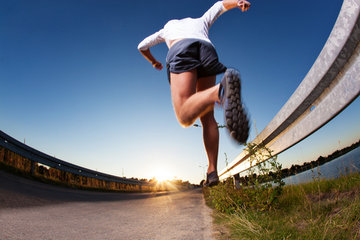
Page speed has been a part of Google’s search ranking algorithms for quite some time[1], but it’s been entirely focused on desktop searches until recently[2] when Google began using page speed as a ranking factor for mobile searches as well.
Have you checked your page speed scores lately?
How do your speeds match up against your competition?
If your pages are loading slower than competitors, there’s a chance you’re taking a hit in the SERPs[3]. While relevance of a page carries much more weight than page speed[4], it’s still important to ensure your pages are loading fast for users and search engines.
Here are 5 ways to increase page speed and improve SEO results.
Compress images
Large image files can have a significant negative impact on page speed performance. Images often represent the largest portion of bytes when downloading a page. This is why optimizing images generally returns the biggest improvement in speed performance. Compressing your images using an image compression tool[5] will reduce their file size leading to faster loading pages for both users and search engines, which in turn will have a positive impact on your organic search rankings.
Leverage browser caching
Web browsers cache[6] quite a bit of information, including images, JavaScript files and stylesheets. The benefit is that when visitors revisit your site, the browser doesn’t have to reload the whole page. If your server does not include caching headers or if resources are only cached for a short period of time, then pages on your site will load slower because browsers must reload all

